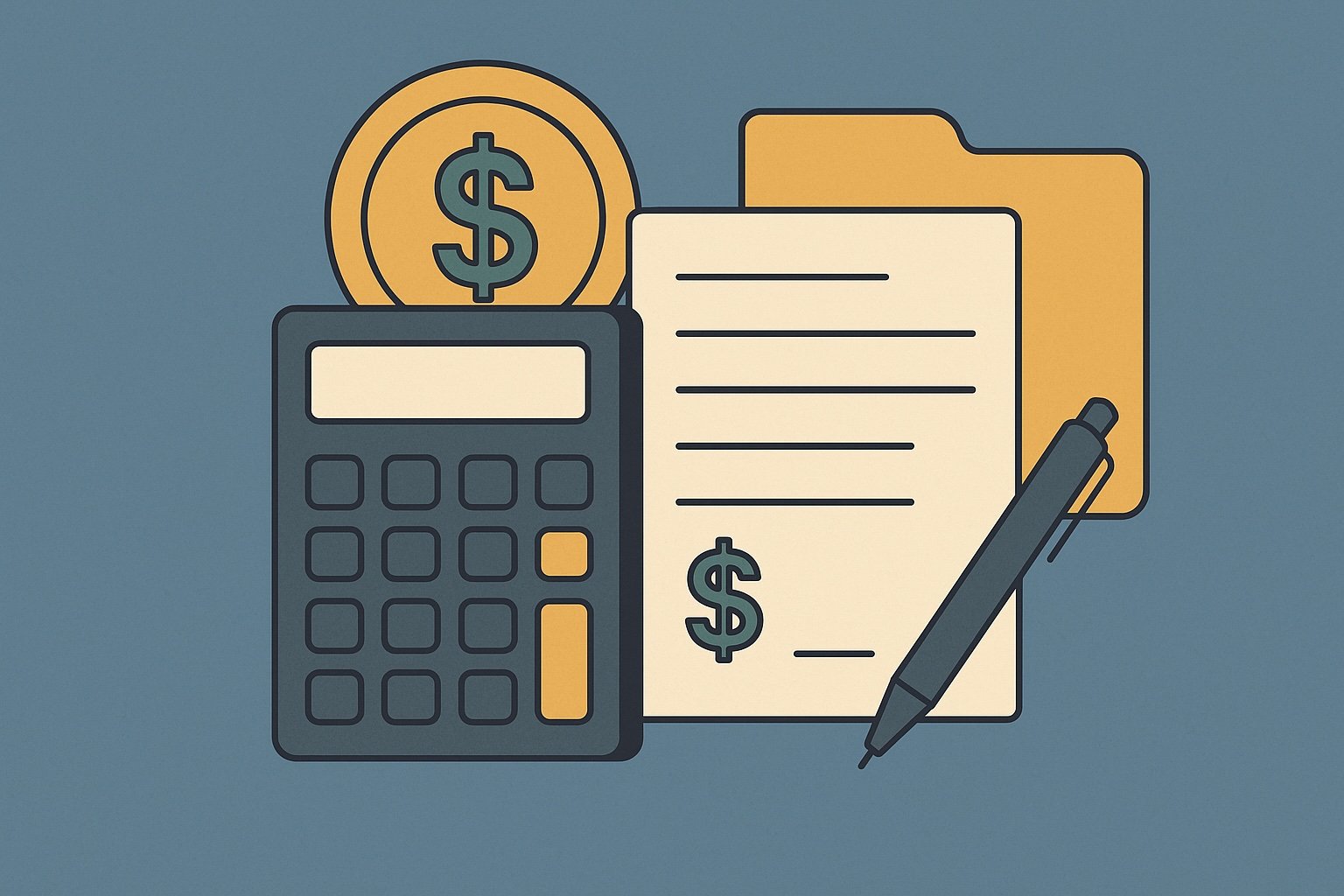Question
ARTE's Answer
Yes, a trust can participate in a 1031 exchange, provided it meets the necessary requirements under Section 1031 of the Internal Revenue Code. The key consideration is that the property involved in the exchange must be held for productive use in a trade or business or for investment purposes. Trusts, like individuals and other entities, can engage in 1031 exchanges to defer capital gains taxes on the sale of real property by reinvesting the proceeds into like-kind property.
To illustrate how a trust can successfully complete a 1031 exchange, let's consider an example involving a testamentary trust. Suppose a testamentary trust was established to manage assets and provide income to beneficiaries. The trust owns a commercial property (Relinquished Property) that it has held for investment purposes. The trust decides to sell this property and acquire a new commercial property (Replacement Property) to continue generating rental income.
Here's how the process would work with Deferred.com as the qualified intermediary:
- Engagement with Deferred.com: The trust contacts us at Deferred.com to facilitate the 1031 exchange. As a qualified intermediary, we will handle the sale of the relinquished property and the acquisition of the replacement property, ensuring compliance with IRS regulations.
- Sale of Relinquished Property: The trust sells the commercial property for $500,000. The proceeds from this sale are transferred to us at Deferred.com, and we hold them in a qualified escrow account to prevent the trust from having actual or constructive receipt of the funds.
- Identification of Replacement Property: Within 45 days of the sale, the trust identifies potential replacement properties. Let's say the trust identifies a new commercial property valued at $600,000.
- Acquisition of Replacement Property: Within 180 days of the sale, we at Deferred.com use the escrowed funds to purchase the identified replacement property on behalf of the trust. The trust then takes title to the new property, continuing its investment activities.
- Tax Deferral: By completing the exchange through us, the trust defers the recognition of capital gains taxes on the sale of the relinquished property. The trust can continue to defer taxes as long as it holds the replacement property for investment purposes and follows the 1031 exchange rules.
In this example, the trust successfully defers capital gains taxes by reinvesting in a like-kind property, maintaining its investment strategy. It's important to note that the trust must adhere to the specific timelines and requirements outlined in Section 1031, such as the 45-day identification period and the 180-day acquisition period, to ensure the exchange qualifies for tax deferral.
At Deferred.com, we provide the expertise and services necessary to facilitate such exchanges, ensuring compliance with IRS regulations and helping trusts and other entities achieve their investment goals while deferring taxes.
Have more questions? Call us at 866-442-1031 or send an email to support@deferred.com to talk with an exchange officer at Deferred.
Sources
- Goolsby v. Commissioner
- Publication 544 (2023), Sales and Other Dispositions of Assets
- TAM 200039005 (Failed Reverse Exchanges)
- PLR 200616005 (Related Party Exchange)
- Rev. Rul. 92-105 (Interest in Illinois Land Trusts Constitutes Interest in Real Property)
- PLR 200521002 (TIC Arrangements)
- Rev. Rul. 2002-83 (Related Party Exchanges)
- PLR 200521002 (Like-Kind Property Received, then Testamentary Trust Terminated)
1031 Question? Ask ARTE
Deferred's AI 1031 Research Assistant is trained on 8,000+ pages of US tax law and outperforms human CPAs by 22%+
CHAT NOW
Learn More
See more frequently asked questions about 1031 exchanges








